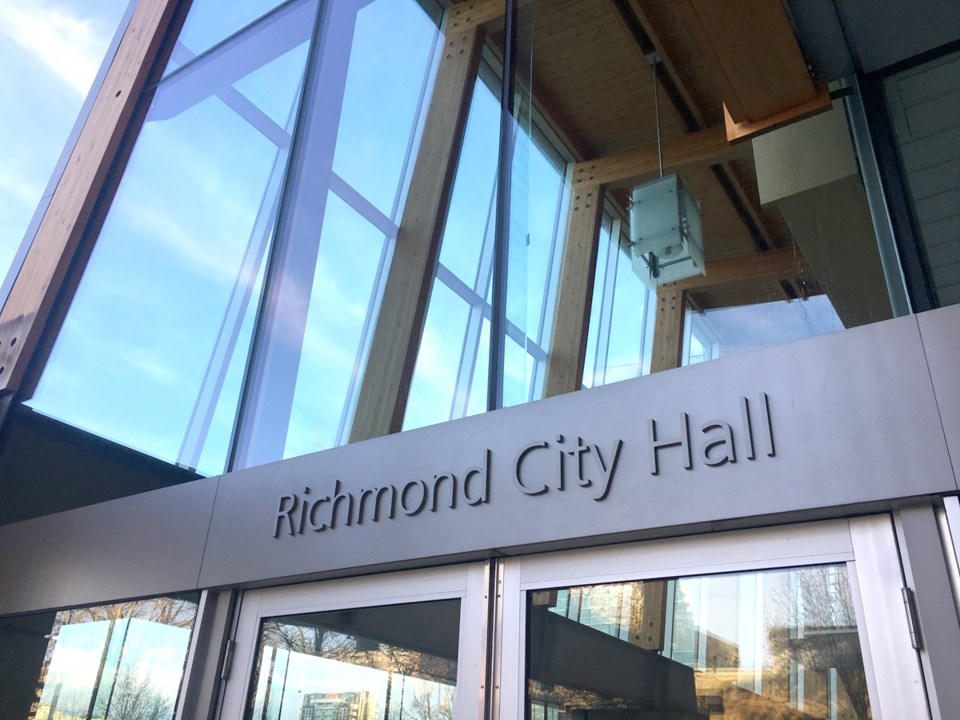Several councillors opposed using money from the city's surplus as a “slush fund” to partially pay for a new lawnbowling club in Minoru Park.
While Richmond Mayor Malcolm Brodie called a financial item at Tuesday’s council meeting to update the city’s books an “administrative” task, Couns. Michael Wolfe, Kelly Greene, Carol Day and Harold Steves argued against using $1.21 million from the city’s surplus for a capital project.
Changes to the five-year capital plan, that was originally approved in March, needed to be adopted by council to reflect different projects that have been approved by council and other changes to the plan.
Both Steves and Greene argued the surplus is not a “slush fund” for buildings.
While Steves said he is “very strongly” in favour of having a one per cent annual taxation toward a building capital fund – a policy that’s been in place for the better part of two decades – “what we have here is a slush fund of overtaxing people,” he said.
He added the money for the lawn-bowling club should have come out of the capital fund and not the surplus.
Greene reiterated this point, adding the surplus is meant to keep future property taxes lower. (It is called a "rate stabilization fund.")
In the past, Day has opposed taxing Richmond residents one per cent per year for capital projects, and again at the meeting asked if there wasn’t some other way to fund such projects.
Brodie said it’s “ironic” that some council members opposed the building capital fund but also oppose paying for the clubhouse from the surplus.
“It’s an administrative matter, it’s not impacting on taxes and it’s something we have to do,” Brodie said about the amendments to the capital plan.
After the meeting, Greene pointed out when the animal shelter was presented to council higher than budgeted, council sent it back to staff asking for the costs to be lowered, but that didn’t happen with the lawn-bowling club.
“The majority of council voted for the most expensive, biggest option, then (to have) that money come out of the accumulated surplus, which is excessive taxation,” she said.
While the majority of council approved the rebuild of the lawn-bowling clubhouse, Greene said she doesn’t have to agree on where the money should come from. She added the surplus could be used for unforeseen circumstances like a natural disaster, but not for a planned expense like a building.
The same four councillors who now opposed using the surplus to finance the lawnbowling club voted against building the clubhouse this spring, pushing for housing or non-profit space to be built above the clubhouse. The majority voted against that proposal.



